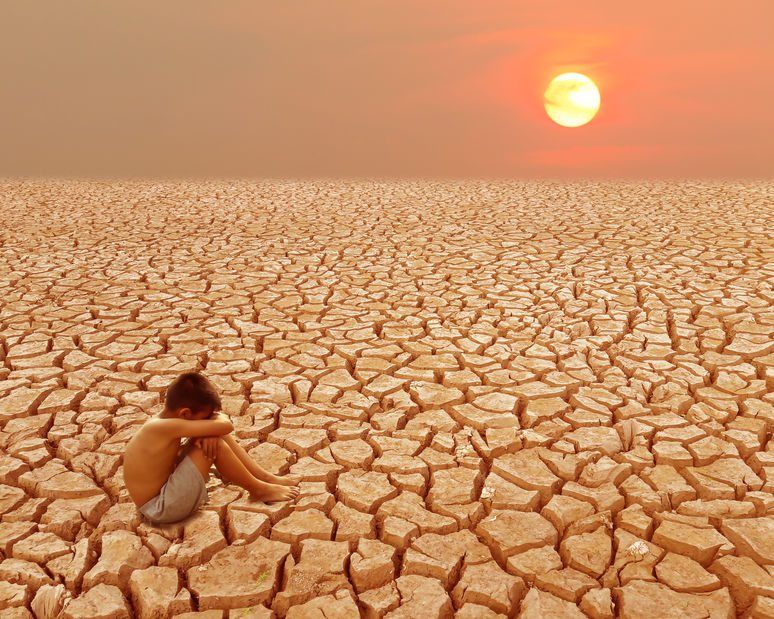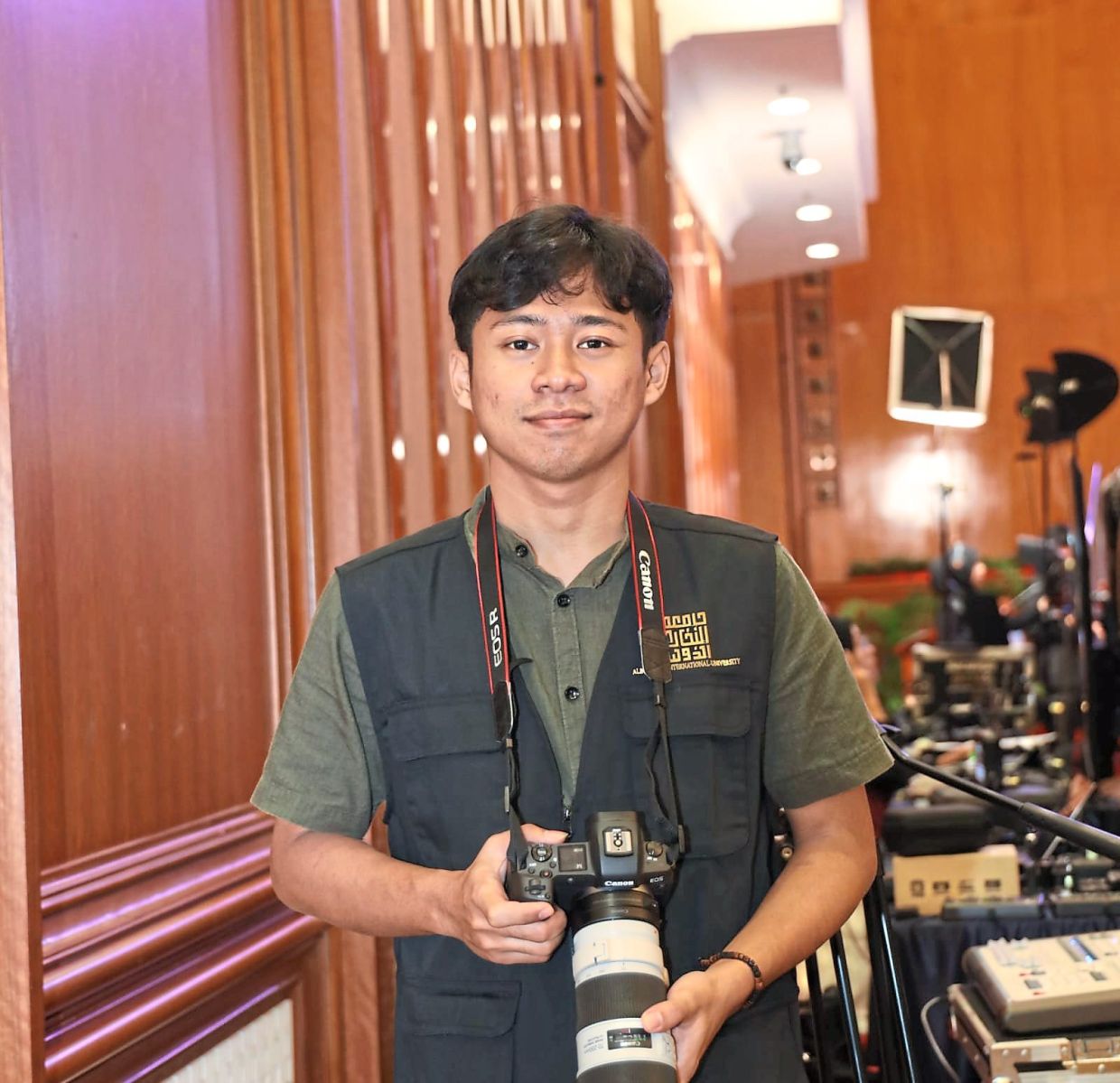THE rain didn’t stop for days. By early December 2024, swollen rivers had spilled into towns, submerging roads and forcing more than 148,000 people from their homes in seven states across Peninsular Malaysia.
When January 2025 rolled in, fresh waves of floods swept Sarawak and Sabah, sending tens of thousands more people into evacuation centres.
The floods have now been replaced by extreme heat and dry weather, speckled with hazy skies. According to the Malaysian Meteorological Department, Peninsular Malaysia’s average temperature has risen by 0.24°C per decade, while Sabah and Sarawak have warmed by 0.14°C and 0.13°C per decade respectively.
As we continue to witness the impacts of these extreme weather events, many young people in Malaysia are starting to imagine a future where healthy land, secure shelter, or clean air to breathe cannot be promised. They feel that climate change isn’t some distant crisis – it’s here, it’s personal, and it’s scary.
And the rising unease about climate change is only part of the story. According to experts, the sudden floods, searing heat waves, and unpredictable weather are fuelling a growing mental health concern: climate anxiety.
As Malaysian Mental Health Association president Prof Datuk Dr Andrew Mohanraj has previously told Sunday Star, climate anxiety is emerging as a growing mental health concern in Malaysia, with an increasing number of individuals seeking the association’s help for related issues.
The trend is reflected in the recent findings of the State of South-East Asia Survey 2025 by the Iseas (Institute of South-East Asian Studies)-Yusof Ishak Institute in Singapore, which showed climate change and extreme weather events as the top concern among respondents in the region (55.3%), surpassing economic issues.
According to United Nations child rights protection agency Unicef, climate anxiety, or eco-anxiety, can be described as heightened emotional, mental, or physical distress in response to the threat of climate change and its evolving impacts.
These feelings include fear, worry, stress, helplessness, anger, guilt, grief, and unease about environmental degradation, extreme weather events, and the future of ecosystems and human societies.
Unicef representative to Malaysia and special representative for Brunei Robert Gass shares the view that climate change is perhaps the most pressing issue facing us all, especially children.
“When we look at the impacts of climate change on children, we see that about 80% of the disease burden is faced by children, whether from heat stroke, air pollution or contaminated water,” he was recently reported as saying by Bernama.
Unicef stresses climate anxiety should be understood as a natural reaction when witnessing the impacts of climate change, but if it starts interfering in one’s life and relationships, it is important to seek professional support to help manage these feelings and maintain healthy development and wellbeing.
Holding on to hope
Aquaculture graduate Ali Imran Azan, 21, admits the unpredictability of the weather makes him uneasy.
“Frequent floods could harm communities and food supplies, and the unpredictability makes it hard to feel secure. The thought of cities like Kuala Lumpur or Penang sinking feels scary, as it could affect places I know and love,” he says.
To cope, Ali, who lives in Kota Damansara adopts small green habits consistently, such as using reusable bags, reducing meat consumption, saving electricity, and talking with friends about ways to help the environment. Spending time outdoors also helps keep him grounded and hopeful.
Ali believes the government should enforce stricter pollution laws, invest in clean energy such as solar power, and strengthen flood defences. However, he feels that everyone can also do their part by embracing a more sustainable lifestyle.
“As citizens, we can reduce waste, recycle, and spread awareness – small actions can add up if everyone contributes,” he says.
Living with the what-ifs
Iqbal Maulana, a media and communication student from Indonesia now living in Malaysia, shares that his experiences with climate change and natural disasters are deeply personal, shaped by his childhood in Palembang, Sumatra.
“I have vivid memories of coming home from school to find our street flooded, or being woken up in the middle of the night by my parents to quickly lift our belongings as water rushed into the house,” recalls the 23-year-old, who has been living in Malaysia for over three years.
His main concern about climate change in Malaysia is linked to its geographical location. Living in the coastal city of Alor Setar, he often imagines the possibility of an underwater earthquake triggering a tsunami.
“The thought of such a catastrophic event happening in a place I now call home is a constant source of worry.”
To feel more secure, Iqbal has developed a habit of scanning his surroundings – whether at university or in his dorm room – for potential escape routes.
“It helps me feel a little more in control and secure, knowing that I have a plan if the things I fear were to happen,” he explains.
He believes that the government can play a vital role in reducing these risks.
“Building regulations should be strengthened to withstand earthquakes and tsunamis, perhaps adopting advanced standards similar to those in Japan, which would ensure that buildings can withstand tremors and powerful tsunami currents,” he says.
Iqbal also emphasises the role of citizens in disaster preparedness, such as participating in community-led initiatives and supporting sustainability- focused policies.
Finding light in uncertainties
Despite their anxieties, both Ali and Iqbal remain hopeful. For Iqbal, that hope lies in technology.
“The rapid spread of information through technology also can significantly increase public awareness, and when people are better informed about the risks and the available solutions, they are more likely to take action and support change,” he points out.
Ali’s optimism grows when he sees communities and governments committing to green initiatives.
“More education on practical ways to fight climate change is necessary. Seeing communities come together for things like tree planting would also give me hope for a better future,” he adds.
The storms may be getting stronger, the days hotter, but for young people like Ali and Iqbal, the belief that change is possible is what keeps them moving forward – one small action at a time.








